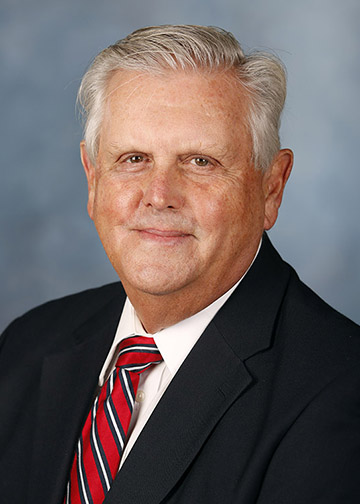
Education Commissioner Terry Holliday
Last week, we released the Unbridled Learning assessment and accountability results from the 2012-13 school year.
We have some really positive news. Our cohort graduation rate is 86.1 percent which places us among the top states. Our college- and career-ready rate is 54 percent which is 20 percent higher than our 2010 baseline. It is clear that Kentucky educators are helping more students reach success.
We have made tremendous progress the last few years, but we have much work to do. I am concerned that students are not making sufficient progress on assessments in grades 3-10 on states tests. These tests measure progress of students toward the goal of college- and career-readiness. Our performance on language arts and math improved, however, the improvement will need to accelerate if we are to maintain and continue to improve our graduation rates and the rate of graduates who achieve college- and career-ready status.
Over the coming months, we will be providing schools and districts with best practices on raising proficiency and closing achievement gaps for all groups of students. It is essential that every classroom, every school and every district in Kentucky have in place a system of interventions to help students when they are struggling academically.
I am very proud of the work of educators in Kentucky. Kentucky has been featured in numerous national publications for our work in college- and career-ready standards, assessments and accountability. I have full confidence that our students, teachers, administrators and parents will continue to push for more student success.
Accountability is important because it allows teachers, parents and the public to see how Kentucky students are performing and if they are on track to be college and career ready. Accountability results provide the quantitative. But it is also important for educators to provide the qualitative, and share their experiences as they implement and perfect their teaching of the Kentucky Core Academic Standards (KCAS). Talk to parents, policy makers, community members and political leaders about the new standards and how they have impact your practice and your students. Explain the decision making that went into the materials and resources you are using with your students. Give examples of how student learning is going deeper and involves more hands on, critical thinking.
In Kentucky, teachers have been and are at the table when discussions and decisions are being made about new standards and other major changes aimed at better preparing students to succeed in college and the workplace. Who better to offer input than Kentucky teachers who are on the front lines? Please share your experiences with parents, community members, political leaders and others. Your voices are critical to improving education in Kentucky.


Leave A Comment